Filter by
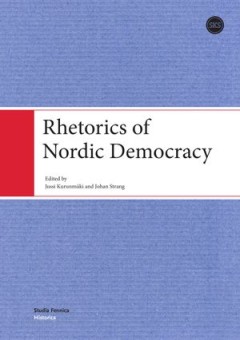
Rhetorics of Nordic democracy
Democracy is today a concept that is overwhelmingly positively evaluated almost everywhere. A lot has been written about socio-economic and cultural backgrounds of democratic regimes as well as their institutional settings. By contrast, not much is known about the political manoeuvres and speech acts by which 'democracy' has been tied to particular regions and cultures in concrete historical si…
- Edition
- -
- ISBN/ISSN
- 9789522222282
- Collation
- -
- Series Title
- -
- Call Number
- 321.8 RHE r
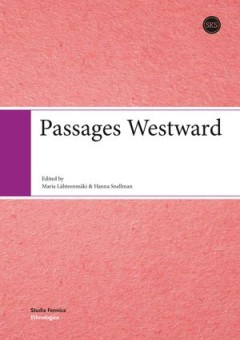
Passages Westward
The West has always been a resource for the Finns. Scholars, artists and other professionals have sought contacts from Europe throughout the centuries. The Finnish experience in Western Europe and the New World is a story of migrant laborers, expatriates and specialists working abroad. But you don’t have to be born in Finland to be a Finn. The experiences of second-generation Finnish immigran…
- Edition
- -
- ISBN/ISSN
- 9789518580679
- Collation
- -
- Series Title
- -
- Call Number
- 572.9 SNE p

Her Own Worth: Negotiations of Subjectivity in The Life Narrative of a Female…
In this study, I examine the life narrative of a female factory labourer, Elsa Koskinen (née Kiikkala, born in 1927). I analyze her account of her experiences related to work, class and gender because I seek to gain a better understanding of how changes in these aspects of life influenced the ways in which she saw her own worth at the time of the interviews and how she constructed her subjecti…
- Edition
- -
- ISBN/ISSN
- 9789522226099
- Collation
- -
- Series Title
- -
- Call Number
- 301 KOS h

A Bibliography of Chinese Language Materials on the People's Communes
A research tool for scholars studying modern China, particularly those focusing on the post-1949 communal system and economy. The work includes full bibliographic references to some 2,800 essay, articles, pamphlets, and other materials in Chinese taken from more than 130 publications, primarily from mainland. The entries are arranged are arranged topically with annotations. Includes a geographi…
- Edition
- -
- ISBN/ISSN
- 9780472901777
- Collation
- -
- Series Title
- MIchigan papers in Chinese studies no. 44
- Call Number
- 016.307 MAW b

Nostalgia for the Present
Anthropology and photography have been linked since the nineteenth century, but their relationship has never been entirely comfortable—and has grown less so in recent years. Nostalgia for the Present aims to repair that relationship by involving intentional participants in an inclusive conversation; it is the fruit of a collaboration among an ethnographer, a photographer, a group of Moroccan …
- Edition
- -
- ISBN/ISSN
- 9789087282110
- Collation
- -
- Series Title
- -
- Call Number
- 770 DES n

Psychology in Edgar Allan Poe
This collection offers six critical essays on the topic of psychology in Edgar Allan Poe. It came together as a response to a visible absence of this subject in recent scholarship. The volume presents Edgar Allan Poe as one of the pioneers in psychology, who often anticipated major theoretical trends and ideas in psychology in his incessant explorations of the relationship between behavior and …
- Edition
- -
- ISBN/ISSN
- 9783832549404
- Collation
- -
- Series Title
- -
- Call Number
- -
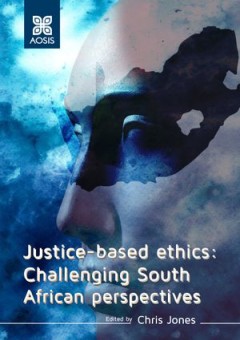
Justice-based ethics
The book reflects academically on important and relevant ethical fields from a multidimensional South African context. The book challenges conventional borders from different ethical, theological, philosophical, economic and cultural perspectives with insight and expertise and seeks to add academic-ethical value, locally and globally, with its different points of departure deeply embedded in ju…
- Edition
- -
- ISBN/ISSN
- 9781928396710
- Collation
- -
- Series Title
- -
- Call Number
- -
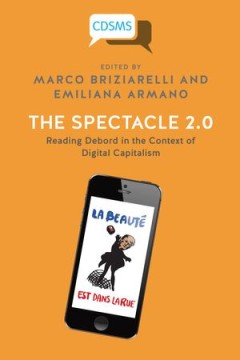
The Spectacle 2.0
Spectacle 2.0 recasts Debord's theory of spectacle within the frame of 21st century digital capitalism. It offers a reassessment of Debord’s original notion of Spectacle from the late 1960s, of its posterior revisitation in the 1990s, and it presents a reinterpretation of the concept within the scenario of contemporary informational capitalism and more specifically of digital and media labour…
- Edition
- -
- ISBN/ISSN
- 9781911534440
- Collation
- -
- Series Title
- -
- Call Number
- -
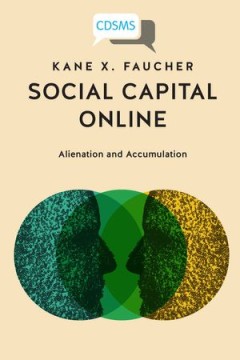
Social Capital Online
What is ‘social capital’? The enormous positivity surrounding it conceals the instrumental economic rationality underpinning the notion as corporations silently sell consumer data for profit. Status chasing is just one aspect of a process of transforming qualitative aspects of social interactions into quantifiable metrics for easier processing, prediction, and behavioural shaping. A work of…
- Edition
- -
- ISBN/ISSN
- 9781911534570
- Collation
- -
- Series Title
- -
- Call Number
- -
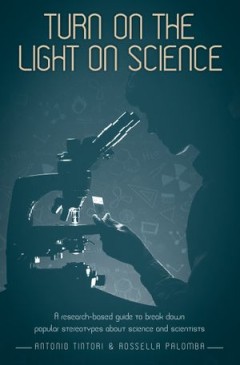
Turn on the light on science: A research-based guide to break down popular st…
Scientists deserve public recognition. The ways that they are depicted, however, are severely limited in physical and personal traits, helping to establish and enhance stereotypes under the general title of ‘scientist’. These stereotypes range from the arrogant researcher who wants to rule the world, to the lab coat wearing ‘nerdy’ genius, but all generally fall to an extreme view of an…
- Edition
- -
- ISBN/ISSN
- 9781911529057
- Collation
- -
- Series Title
- -
- Call Number
- 300 PAL t
 Computer Science, Information & General Works
Computer Science, Information & General Works  Philosophy & Psychology
Philosophy & Psychology  Religion
Religion  Social Sciences
Social Sciences  Language
Language  Pure Science
Pure Science  Applied Sciences
Applied Sciences  Art & Recreation
Art & Recreation  Literature
Literature  History & Geography
History & Geography